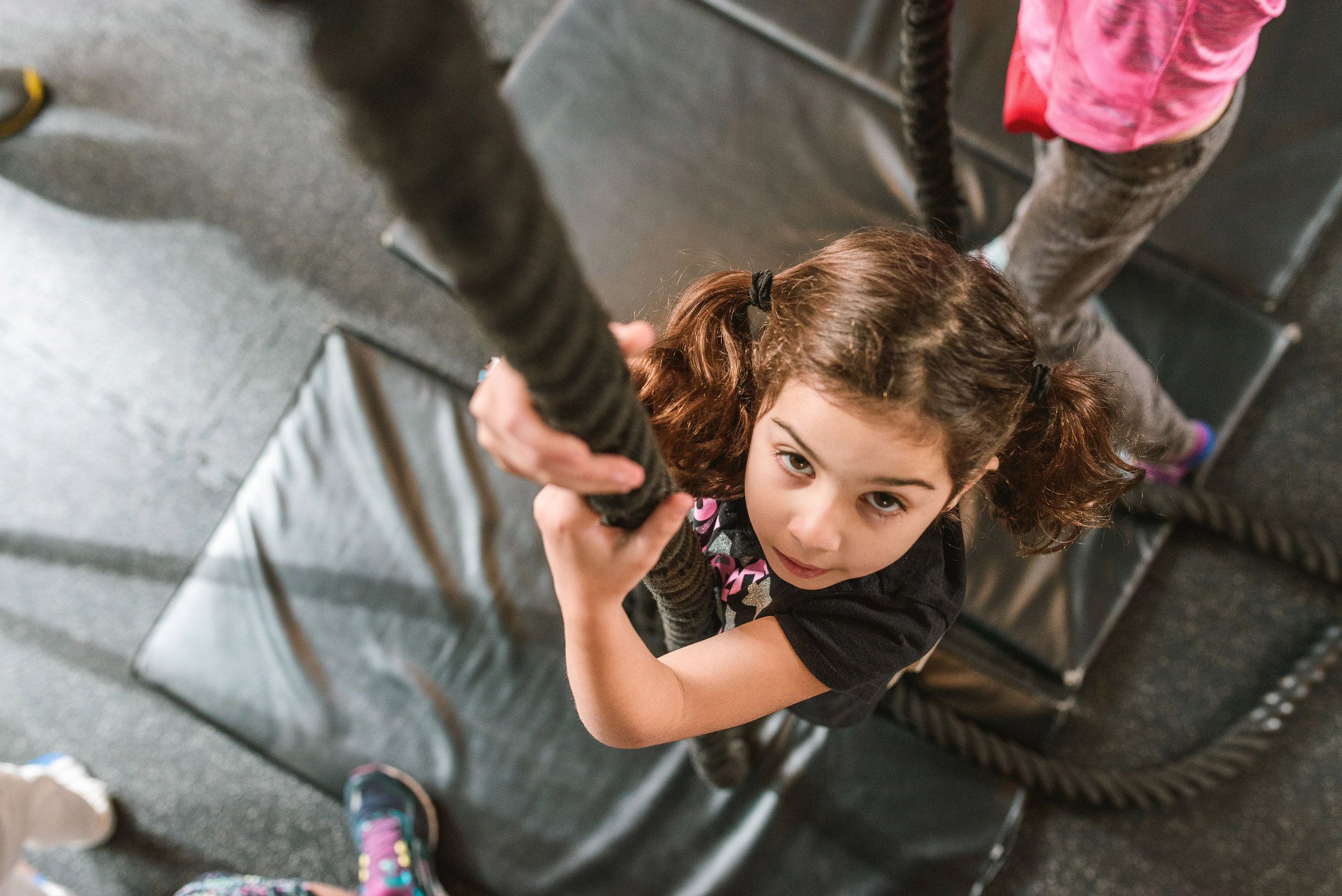We recently asked our members - “What is the one thing that gets in the way of you exercising regularly and making healthier eating choices?”
The overwhelming response was Lack Of Time.
So we thought we’d give you some tips that we use to make time to exercise. Now you may shake your head at some of these, but bear with us.
At the last Olympics, around 100 new world or Olympic records were broken. Athletes are getting better but the general population is getting fatter so what most people are doing right now isn’t working.
So therefore we ask that you take the Apple approach and “Think Different”.
See where it takes you.
Do Less
The thousands of adverts you’re exposed to each day encourage you to “buy more shit” to keep up with the Jones’s, otherwise you’re a loser.
Or that every day should be filled with adventure from dawn until dusk and that your life should be abundant all the time. In reality, there are just some days you’ve got to cut off communication and binge watch House of Cards or Stranger Things on Netflix.
We’re taught to put our kids first too. And since you have to pay the bills and put food on the table, you can put “working” up there as well.
But we’ve got it all wrong.
Your kids don’t need to go to hockey on Monday, piano on Tuesday, soccer on Thursday and karate on Friday all at 7 years old to become well developed.
They also don’t have to go to Timmy’s 5th birthday one week and your third cousin’s baby shower the next.
There are a few members who bring their kids to the gym who hang out at the front and watch their parent work out. That’s just as powerful a learning tool as taking them to soccer.
Kids develop through their environment at a rapid pace, so you can take them to sports and you can take them to your annoying cousin’s baby shower, but if you’re blowing out your ass just climbing up the stairs, quick to snap out (in your head as well as verbally) or would rather be anywhere else than in the moment with them, then that will affect your kids way more than anything else.
You can’t put your kids and work before your health - it has to run alongside it.
You have to set an example. By cutting out all the stuff that’s not important to you, so you can exercise more and eat healthier, you can become that example.
Take A Nap
Take a work day from hell, add 2 kids and a husband to it, add my own self-interests and you’re telling me that by taking a nap I’ll have more time to exercise? WTF!
If we were to tell the truth, it’s not really a lack of time you have to exercise, it’s a lack of mental energy. You see there are only so many BIG things you can give your concentration to in a set period of time, that’s why you feel unmotivated to exercise after an 8 hour shift; your mental energy hits zero.
Having a 15-30 minute power nap resets your alertness, relaxes you, makes you more productive and prevents burnout.
How do you find time to nap?
It lurks in the cracks of your day. At your afternoon break. When the baby is asleep. On your journey home. Hide in a closet after dinner!?
Kevin takes one almost every day. Yes, he drools on the pillow, much to the disgust of Victoria. But there’s no way he could work out up to 5 days per week without it.
Invest in Done-For-You Services
This is an extension to number one. You’ve cleared out the unimportant stuff but still need to tackle everyday tasks like feeding yourself, cleaning and maintaining your house and wardrobe, and caring for the kids.
Consider hiring a housekeeper that can also do a bit of food preparation for you.
Have a meal box delivered to your house using companies like Mama Earth or Meal Angels. Get your groceries delivered to the house.
Use a babysitter for more than just covering your kids while you go out and get messed up drunk.
“Mom after one beer…”
Get them to take your kids to their sports or pick them up from after school club so you can stay and get your training in or prepare meals for the week.
Use a gym that looks after your kid while you get your workout in.
Obviously this costs money, but think of the benefits this will bring you. More time to exercise and de-stress, more time to take on passion projects. More time to manoeuvre your way to that dream job. More quality time spent with your family.
So yeah, some unconventional methods that 99% of the population probably don’t even consider. But as we head to a population where 50% are overweight and out-of-shape, why would you do the same things as everyone else?
Athletes put themselves first, and they live an unconventional life where they strip away the non-essentials.
They become selfish.
It’s a paradox, but if you become that little bit more selfish, and take care of your essential needs, then you’ll be able to provide greater attention and help to other people.
Kevin & Victoria














